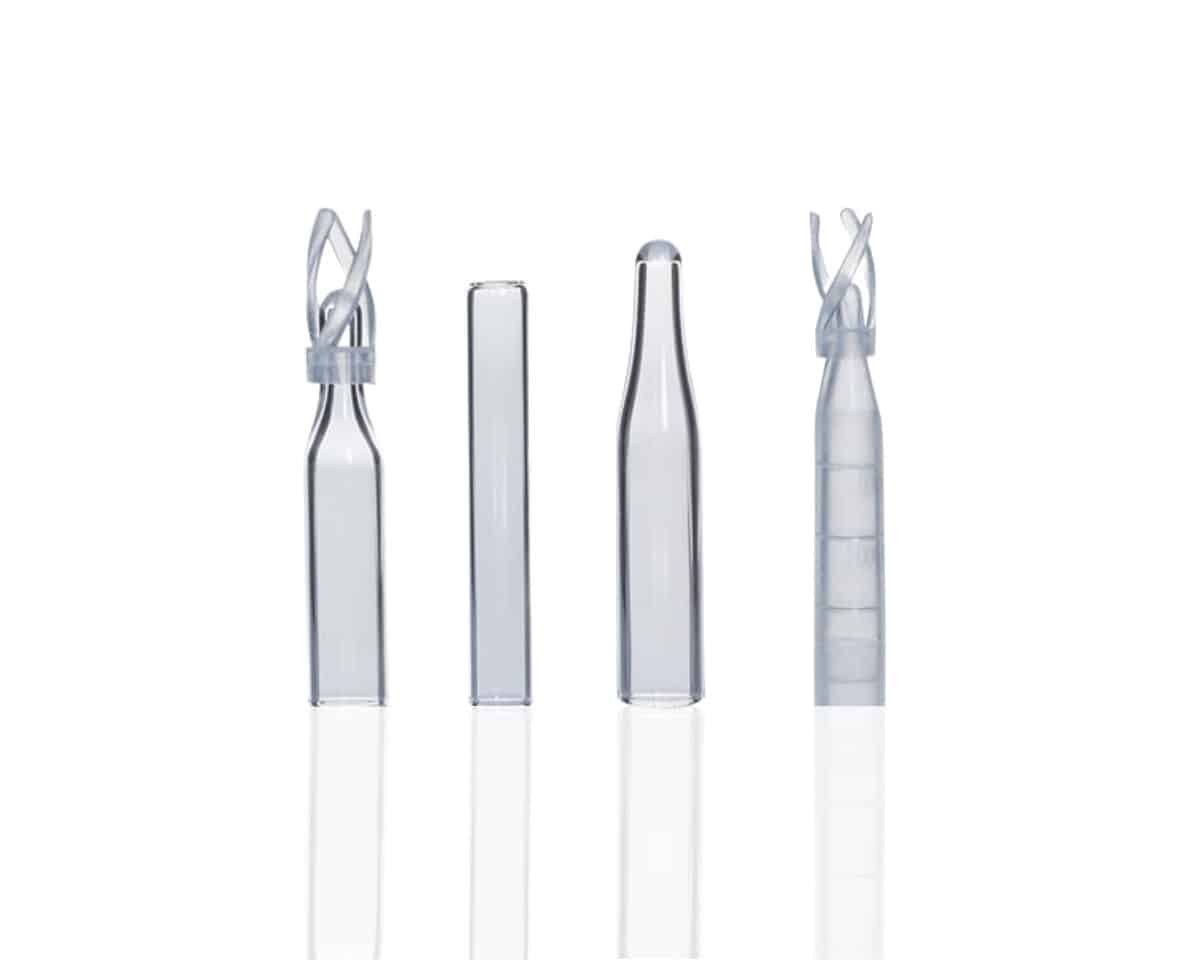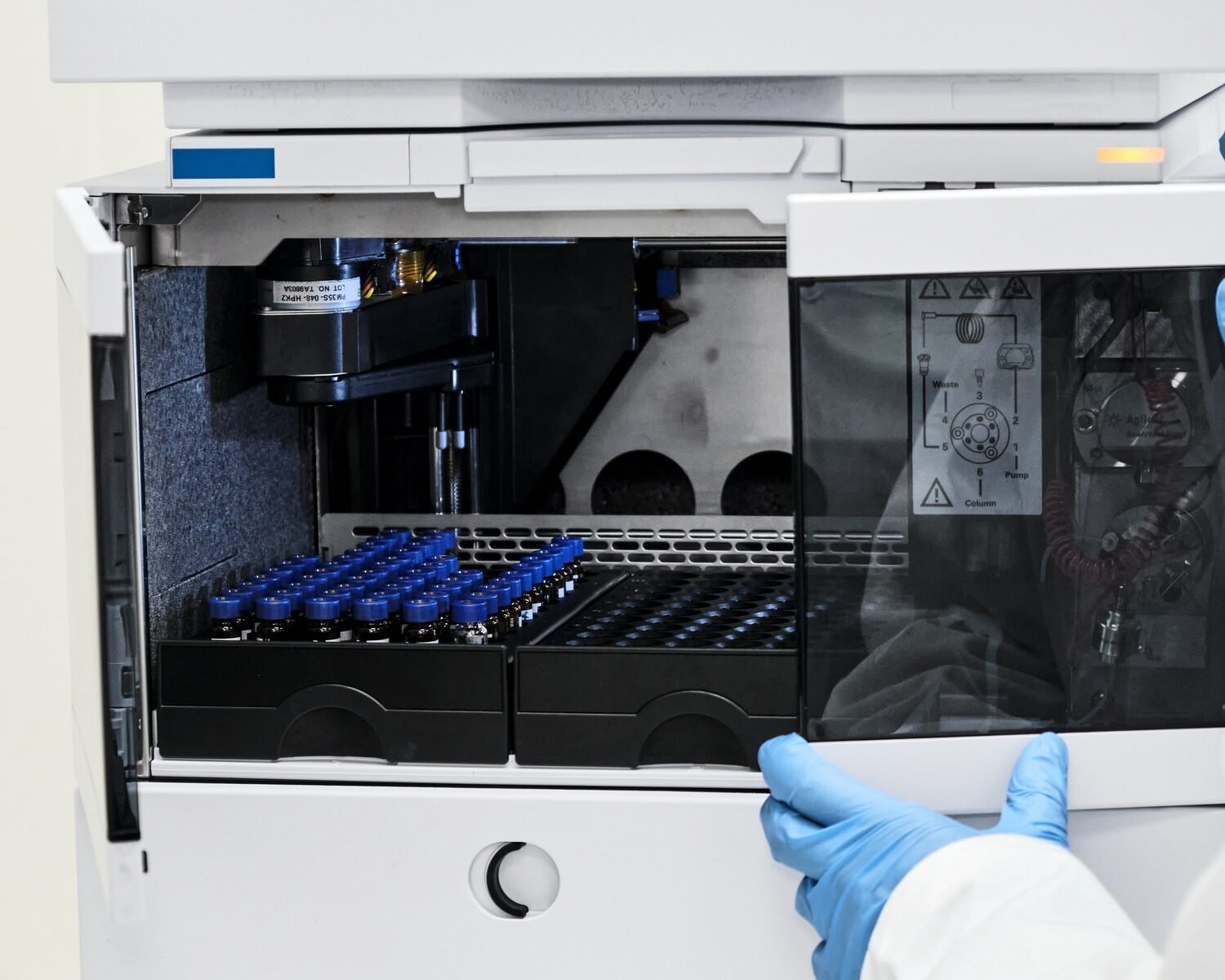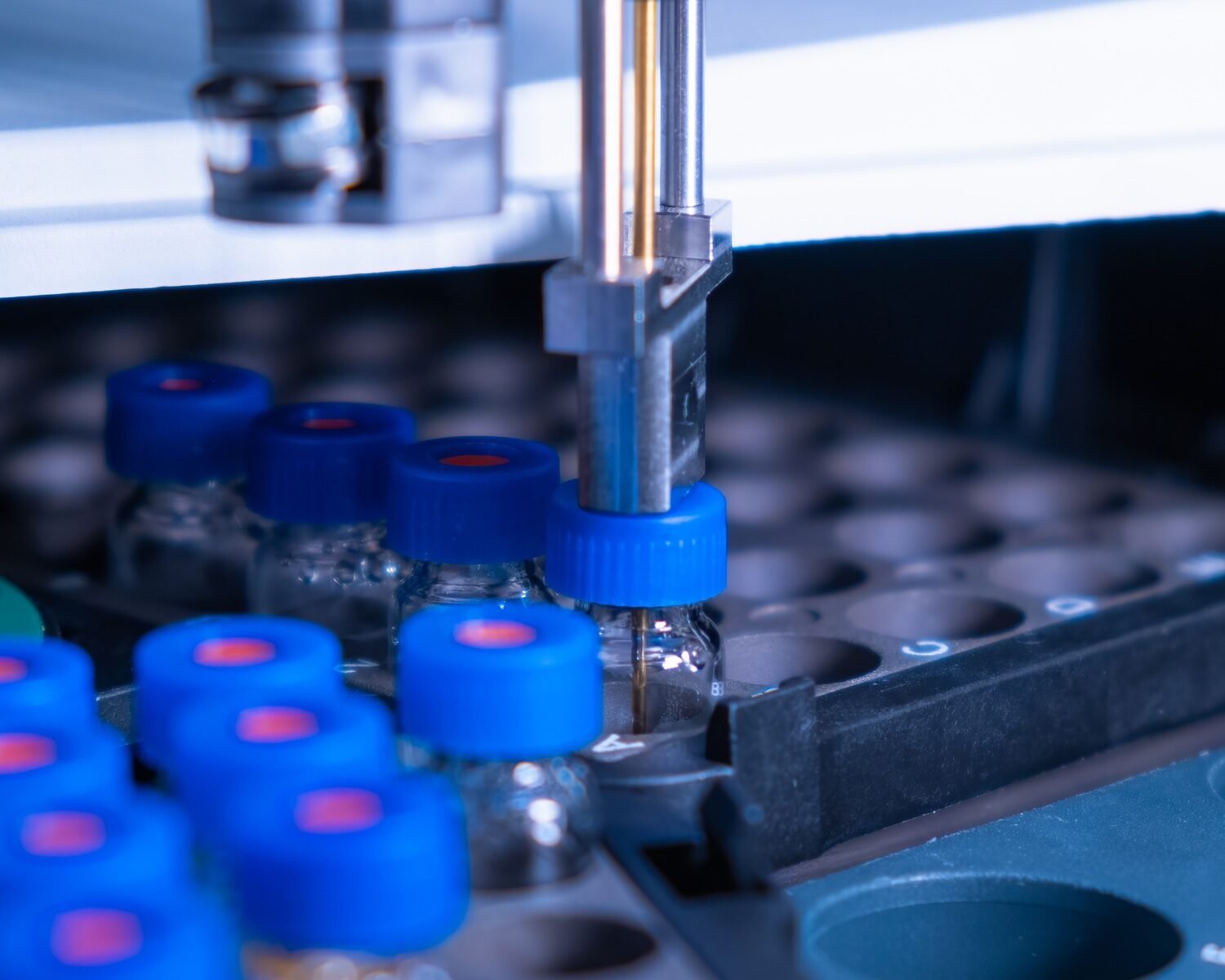Drinking tea—whether it’s black, green, or herbal—has been a part of cultures worldwide for centuries. But over the years, there’s been some debate about whether tea can be linked to serious health concerns, including cancer. If you’ve ever wondered, “Can drinking tea cause cancer?” you’re not alone. There are plenty of rumors and studies out there that suggest a connection, and some findings are quite alarming. But what does the science actually say?
Let’s take a deep dive into the world of tea, cancer research, and everything in between. By the end of this article, I hope to shed some light on the topic, helping you make an informed decision about your tea-drinking habits.
What’s the Link Between Tea and Cancer?
You’ve probably heard about the possible cancer risks associated with tea. But is it really true? Is it something we should be worried about or just another scare story? To answer this, we need to look at the science behind the rumors.
The most common concern stems from certain substances found in tea, specifically polycyclic aromatic hydrocarbons (PAHs), which are carcinogens. These are formed during the drying and processing of tea leaves, especially when tea leaves are smoked or processed under high heat. There have been studies suggesting that consuming tea that contains high levels of PAHs could increase the risk of cancer.
But here’s where things get interesting: most of these studies focus on highly processed teas or teas exposed to high levels of heat. If you’re drinking regular, properly processed tea, the risk is incredibly low. But do we need to be worried about other factors like pesticides or excess consumption of hot tea? Let’s explore.
The Case Against Hot Tea

Have you ever noticed how people in some cultures drink their tea at boiling point? Think about those cozy tea sessions in parts of the world where the tradition is to sip tea while it’s still piping hot. Here’s the thing: drinking extremely hot beverages—whether tea, coffee, or otherwise—has been classified by the World Health Organization (WHO) as a potential carcinogen.
The reason? When you sip tea that’s too hot (usually above 65°C or 149°F), it can irritate the esophagus and increase the risk of esophageal cancer. The WHO points out that this effect is due to the temperature of the beverage rather than the beverage itself. So, the issue is less about tea causing cancer and more about how you’re consuming it. So, next time you reach for that freshly brewed cup, maybe let it cool down a little before diving in.
What do you think? Does that change the way you look at your tea habits?
The Antioxidant Effect: Tea as a Cancer Fighter
Now, here’s the twist. Tea, particularly green tea, has been widely praised for its antioxidant properties, which are believed to help reduce cancer risk. Green tea is packed with compounds like catechins, especially epigallocatechin gallate (EGCG), which have been studied for their potential to inhibit cancer cell growth.
In fact, a number of studies suggest that regular consumption of green tea may actually lower the risk of certain types of cancers, including breast, prostate, and colorectal cancers. These findings have led some researchers to propose that drinking tea may even serve as a form of preventative health.
So, the picture gets a little clearer: on one hand, there are certain risks linked to drinking extremely hot tea or poorly processed tea, but on the other hand, tea contains beneficial compounds that could help protect against cancer. It’s all about balance.
Other Factors That Play a Role in Cancer Risk from Tea
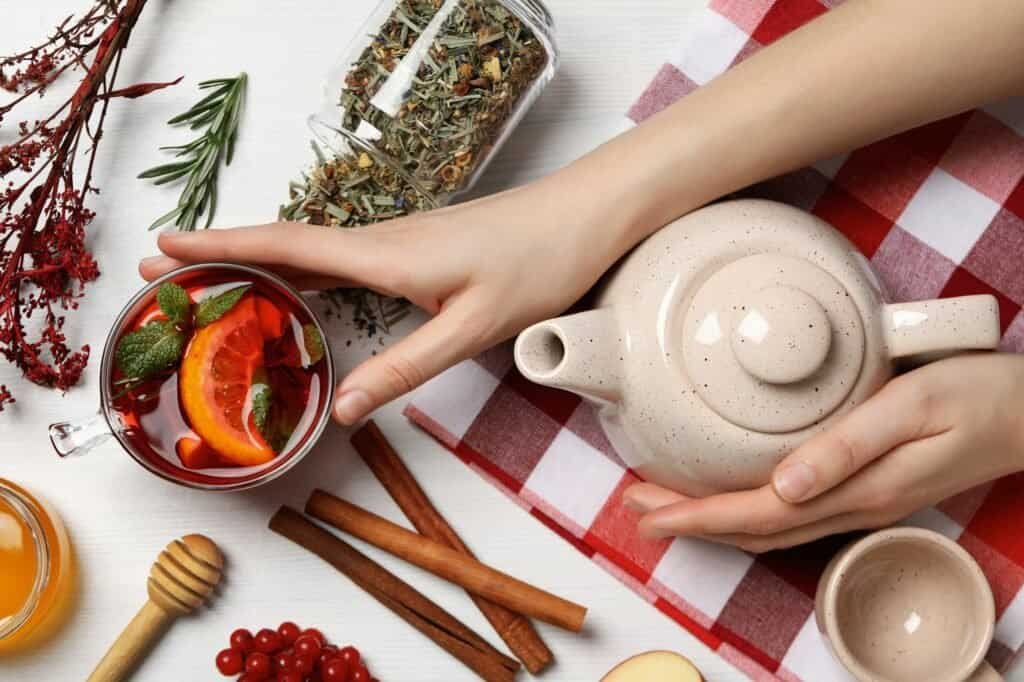
When discussing whether drinking tea causes cancer, it’s essential to look at other contributing factors. In many studies, the link between tea and cancer isn’t solely about the tea itself but how the tea is grown, processed, and consumed. Here are a few things to consider:
- Pesticides and Chemicals: Non-organic teas may contain pesticides, and these have been linked to various health issues, including cancer. Choosing organic tea can reduce the risk of consuming harmful chemicals.
- Genetic Factors: People with certain genetic predispositions may be more sensitive to the carcinogens found in tea or its hot temperature. However, these cases are rare and don’t apply to the general population.
- Tea Additives: Many commercial teas come with additives, artificial flavorings, or preservatives. Some of these can be harmful, so it’s always a good idea to check the ingredients list.
- Quantity: The amount of tea you consume also matters. Drinking excessive amounts of tea, especially if it’s laden with caffeine, could lead to other health issues, including digestive problems and sleep disturbances.
These are important things to think about before jumping to conclusions about the relationship between tea and cancer. What’s your take on all these factors? Could something as simple as your choice of tea make a big difference?
The Bottom Line: Tea and Cancer
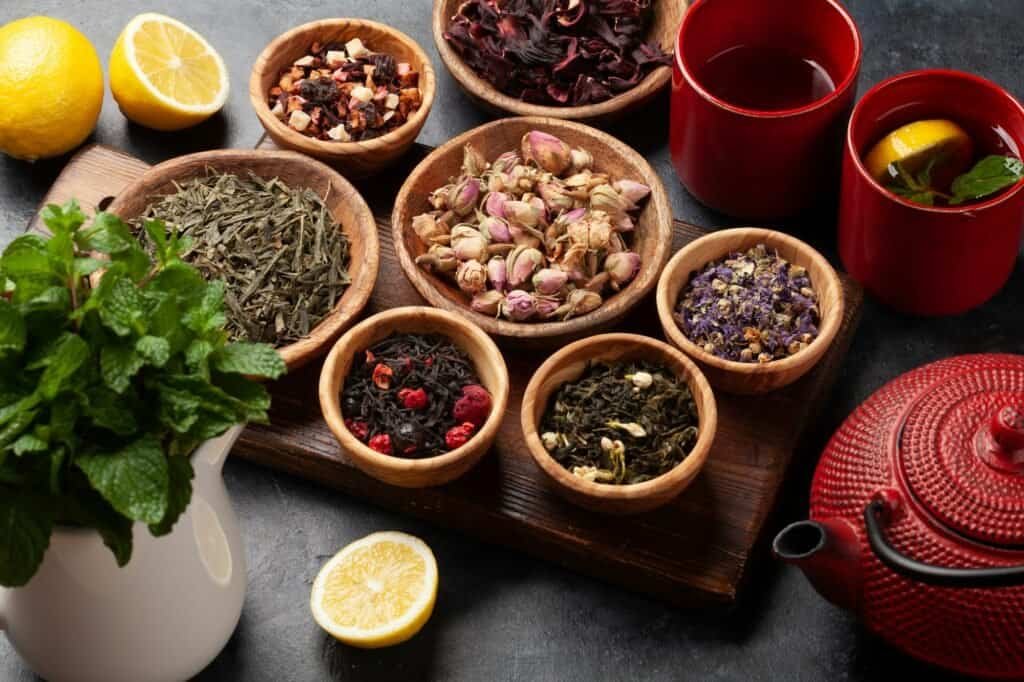
So, does drinking tea cause cancer? The simple answer is no, not in the way you might think. While there are risks associated with drinking tea that’s too hot or tea that’s been poorly processed, tea, especially green tea, actually has cancer-fighting properties. And let’s not forget, its antioxidants may help prevent cancer in the first place.
If you’re someone who enjoys a hot cup of tea every day, just be mindful of a few things:
- Let your tea cool down to avoid that potential risk from drinking it too hot.
- Choose organic teas when possible to avoid pesticides and chemicals.
- Moderation is key—drinking tea in moderation is likely a healthy practice, but don’t overdo it.
Do you feel more comfortable enjoying your cup of tea now? I hope so. If anything, it’s all about making the right choices and understanding both the benefits and risks. After all, life’s too short not to enjoy a good cup of tea!
I reviewed several key articles on the topic of hot tea consumption and cancer risks, specifically focusing on esophageal cancer, as well as any potential links to cancer prevention through tea. Here’s a summary of the relevant information I referenced:
- Does Tea Prevent Cancer? – MD Anderson Cancer Center discusses the health benefits of tea, including its potential to reduce the risk of certain types of cancer. However, it clarifies that not all types of tea have the same effects, and the health benefits are more associated with specific types like green tea, which contains polyphenols that have been studied for their chemo-preventive properties.
- Esophageal Cancer Risk: The Truth About Hot Drinks Like Coffee and Tea – Memorial Sloan Kettering Cancer Center addresses the concerns about hot beverages and esophageal cancer. It highlights that while the risk of esophageal cancer has been linked to very hot drinks, such as tea and coffee, studies show that the temperature of the beverage is a key factor. The risk only increases when the drink is excessively hot.
- Hot Tea Consumption and Esophageal Cancer Risk: A Meta-Analysis of Observational Studies – This article from Frontiers in Public Health provides a meta-analysis, showing a potential increase in esophageal squamous cell carcinoma (ESCC) risk for individuals who drink hot tea. However, it does not find a significant association between tea consumption and esophageal adenocarcinoma (EAC). The study also mentions that very hot beverages might be a carcinogen due to thermal injury to the esophagus.
These articles helped shape the understanding that while tea, especially green tea, may offer cancer-protective benefits, consuming it at excessively high temperatures could pose a risk, particularly for esophageal cancer.




